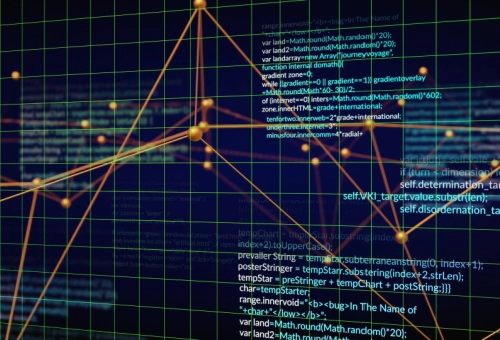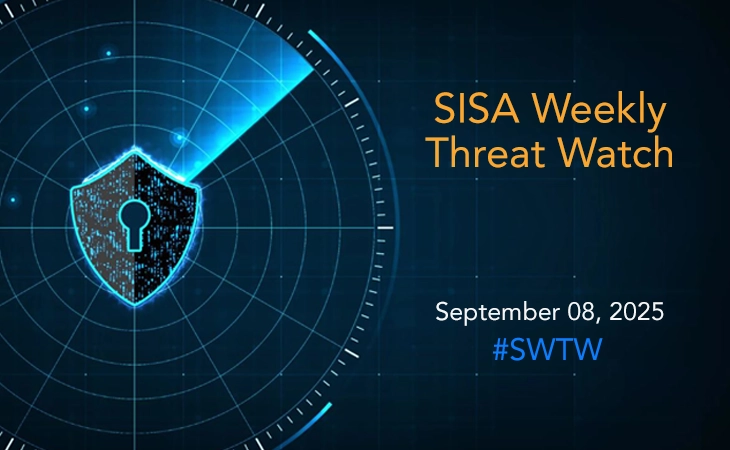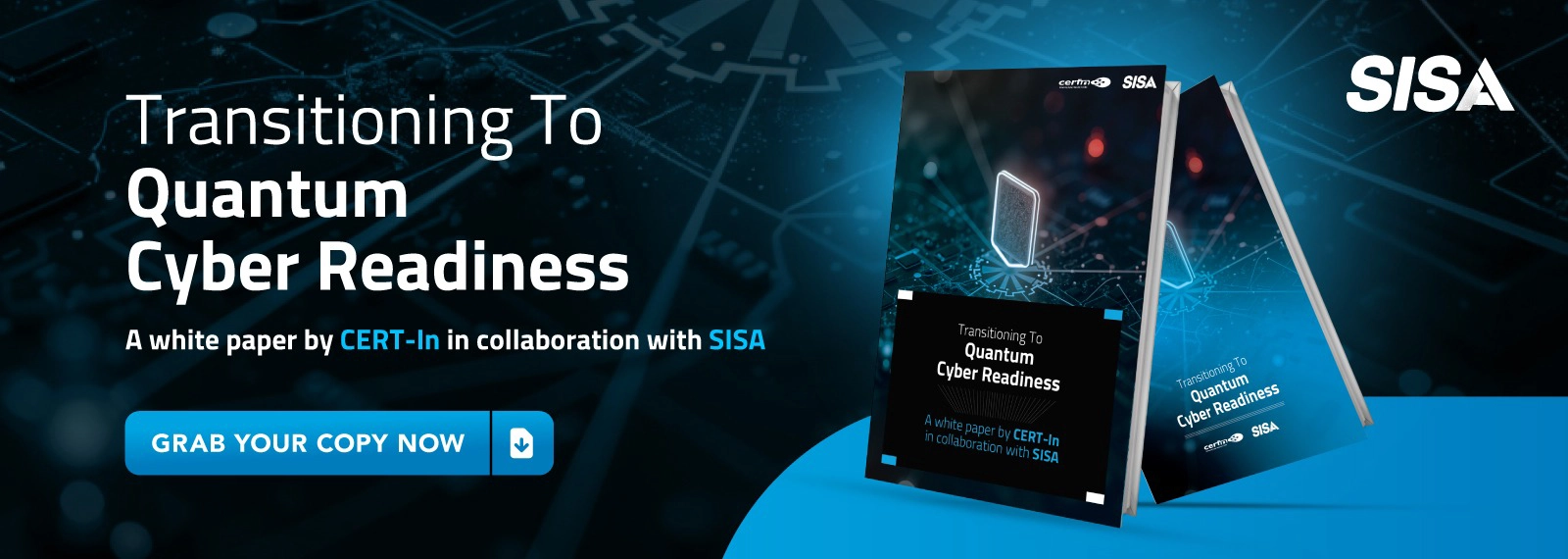
What Is An Agentic SOC Platform? And Its Core Functions
In the relentless battle against cyber threats, traditional Security Operations Centers (SOCs) are showing their age. Overwhelmed by a deluge of alerts, hampered by a global skills shortage, and outmaneuvered by AI-powered attacks, the conventional model is buckling under pressure. The next evolution in cybersecurity is here to address these very challenges: the Agentic SOC Platform. This isn’t just another tool; it’s a fundamental shift from human-led, tool-assisted operations to an AI-led, human-supervised paradigm. This blog will demystify what an Agentic SOC Platform is and break down its core functions that are revolutionizing cybersecurity defense.
What Is an Agentic SOC Platform?
An Agentic SOC Platform is an advanced, AI-driven security solution that utilizes autonomous “agents” to perform complex security tasks with minimal human intervention. Unlike traditional security tools that simply automate predefined steps (like a SOAR), an Agentic platform employs AI that can reason, make decisions, and adapt its approach in real-time based on the evidence it uncovers.
Think of it this way: if a traditional Security Information and Event Management (SIEM) system is a loud alarm bell, and a SOAR is a robot that follows a specific instruction manual to turn off the bell, an Agentic SOC Platform is a digital security investigator. It hears the alarm, investigates the cause, interviews witnesses (data sources), forms a hypothesis, tests it, and then takes decisive action—all on its own.
Key Characteristics That Define an Agentic Platform:
- Autonomy: It can initiate and pursue investigations without a human clicking “run.”
- Reasoning: It analyzes incomplete or noisy data, connects disparate clues, and uses contextual awareness to understand the full scope of a potential threat.
- Adaptability: If one investigative path leads to a dead end, the agent can pivot and try another approach, just like a human analyst would.
- Transparency: It documents its thought process, showing analysts exactly how it reached its conclusion, which builds trust and allows for oversight.
Core Functions of an Agentic SOC Platform
The true power of an Agentic SOC Platform is revealed through its functions. It moves far beyond simple automation into the realm of autonomous operation.
1. Autonomous Threat Triage and Investigation
This is the cornerstone function. The moment an alert is generated, the AI agent springs into action. Instead of waiting for an analyst to assign a priority, the agent begins its investigation. For example, upon receiving an alert about a suspicious login, the agent will autonomously query data from the identity provider, the endpoint detection and response (EDR) system, cloud access logs, and other sources to determine if it’s a true threat or a false positive. This reduces mean time to detect (MTTD) from hours or days to mere minutes.
2. Cross-Domain Evidence Correlation
Modern attacks span multiple domains: network, endpoint, cloud, and identity. Traditional tools often struggle to connect these dots. An Agentic platform excels at this. It seamlessly pulls data from all integrated sources to build a complete narrative of an attack. It can map these activities to the MITRE ATT&CK framework, providing immediate context about the adversary’s tactics, techniques, and procedures (TTPs).
3. Proactive Threat Hunting
Instead of just waiting for alerts, Agentic platforms can proactively hunt for threats. The AI can be tasked with searching for specific, subtle anomalies that indicate a sophisticated breach, such as low-and-slow data exfiltration or lateral movement using legitimate tools. This shifts the SOC from a reactive stance to a proactive one.
4. Dynamic Response and Remediation
Once a threat is confirmed with high confidence, the platform can execute automated response actions. This goes beyond basic playbooks. Based on the specific context of the incident, it can isolate a compromised device, disable a user account, revoke application permissions, or block a malicious IP address. This drastically reduces the mean time to respond (MTTR), limiting the damage an attacker can cause.
5. Continuous Learning and Tuning
Agentic platforms are designed to learn. They analyze the outcomes of their investigations and incorporate feedback from human analysts. Over time, they become more accurate and efficient, continuously refining their detection logic and response recommendations to better protect the organization’s unique environment.
6. Human-in-the-Loop Oversight
A critical function is empowering human analysts, not replacing them. The platform handles the tedious, time-consuming work of sifting through alerts, allowing SOC analysts to focus on critical strategic tasks, complex threat analysis, and policy development. Analysts can review the AI’s reasoning, overturn decisions, and provide guidance, creating a powerful symbiotic relationship.
Benefits of Adopting an Agentic SOC Approach
- Eliminates Alert Fatigue: By resolving up to 80% of alerts autonomously, analysts are freed from burnout and can focus on what matters.
- Blazing Fast Response: Investigations and responses that used to take hours now happen in minutes, shrinking the attacker’s window of opportunity.
- Scales Effortlessly: The AI can handle a million alerts as easily as it handles a thousand, solving the scalability problem of human-led teams.
- Operational Efficiency: It maximizes the impact of your existing security team, doing more with less and providing a force multiplier effect.
- Improved Accuracy: With its reasoning capabilities, the platform significantly reduces false positives, ensuring analysts only deal with genuine threats.
FAQs
Q: How is this different from a SOAR (Security Orchestration, Automation, and Response) system?
While both automate tasks, a SOAR requires humans to write detailed playbooks (if-then scripts) for every scenario. It has no ability to reason or adapt if an attack doesn’t follow a predefined script. An Agentic Platform uses AI to dynamically create its own “investigation plan” on the fly, making it capable of handling novel and complex attacks that would break a SOAR playbook.
Q: Will an Agentic SOC Platform replace my human analysts?
Absolutely not. Its goal is to augment and empower them. It acts as a tireless junior analyst team that handles the repetitive work 24/7. This allows human analysts to elevate their role to threat hunter, incident commander, and security strategist—tasks that require human intuition, creativity, and strategic thinking.
Q: Is this technology only for large enterprises?
Not anymore. While cutting-edge, many offerings are now available as cloud-native services (e.g., Google Cloud’s Agentic SOC). This makes them accessible and scalable for organizations of all sizes, as they can be operationalized quickly without massive upfront hardware investments.
Q: How does the platform ensure it doesn’t make a mistake and cause a business disruption?
Transparency and governance are key. The platform’s “reasoning” is fully explainable, allowing analysts to audit its logic. Furthermore, response actions can be configured to require human approval for certain high-impact actions (like disabling a critical server) until trust in the AI’s judgment is fully established.
Q: Can it integrate with the security tools we already have?
Yes, a core design principle of leading Agentic SOC Platforms is open integration. They are built to connect with a wide array of existing data sources and tools, including popular SIEMs, EDRs, cloud security platforms, and identity providers, leveraging your current security investments.
Conclusion
The Agentic SOC Platform is not a distant future concept; it is the necessary evolution of the SOC happening today. By deploying AI that can think, investigate, and act autonomously, organizations can finally overcome the limitations of alert fatigue, the skills gap, and slow response times. It represents a transformative leap from a reactive cybersecurity posture to a proactive, resilient, and intelligently automated defense system. For any organization serious about modernizing its security operations, understanding and evaluating Agentic SOC Platforms is no longer optional—it’s essential.
Latest
Blogs
Whitepapers
Monthly Threat Brief
Customer Success Stories
 USA
USA India
India APAC
APAC Middle East
Middle East Global
Global






 Facebook
Facebook Linkedin
Linkedin  X
X Youtube
Youtube







